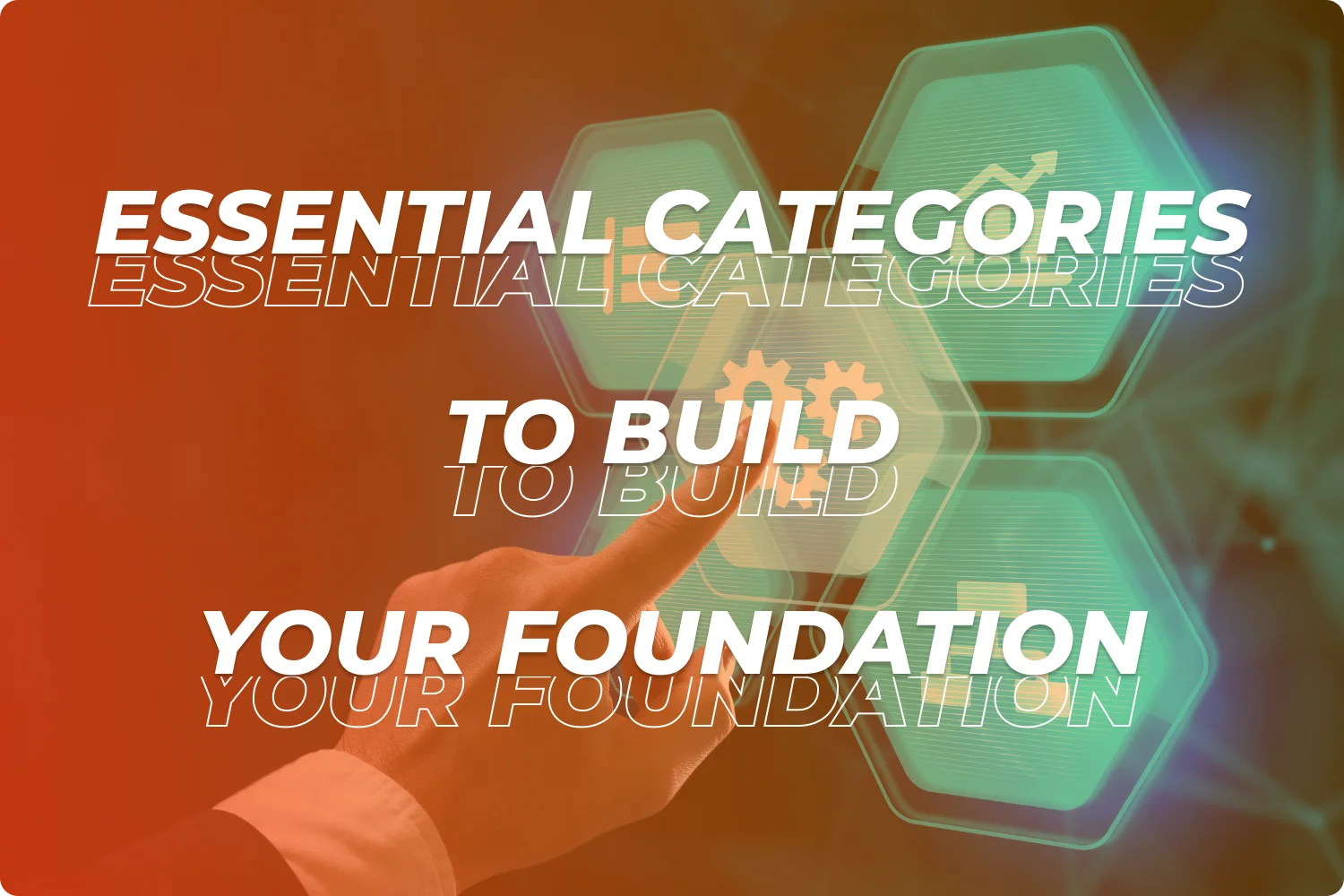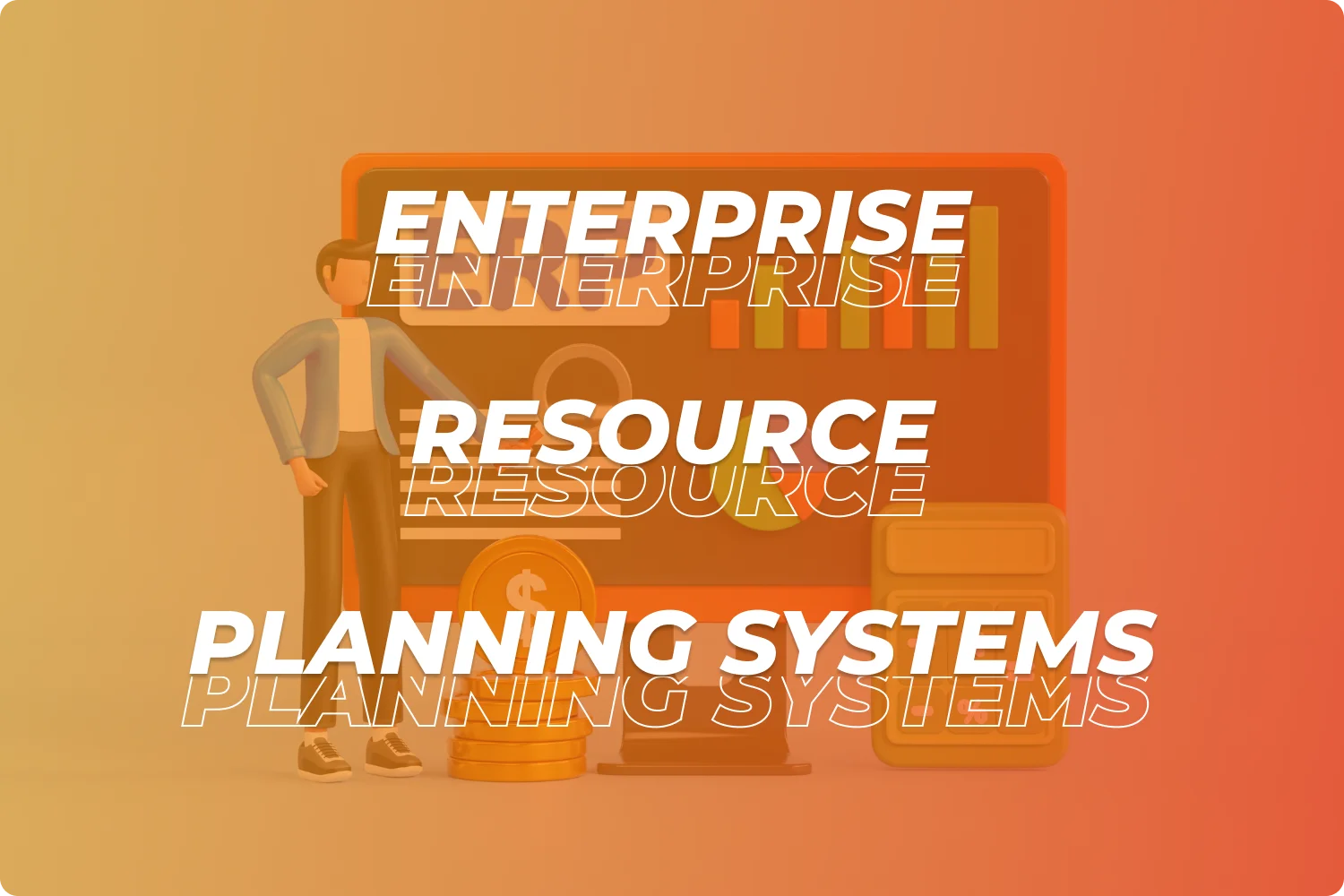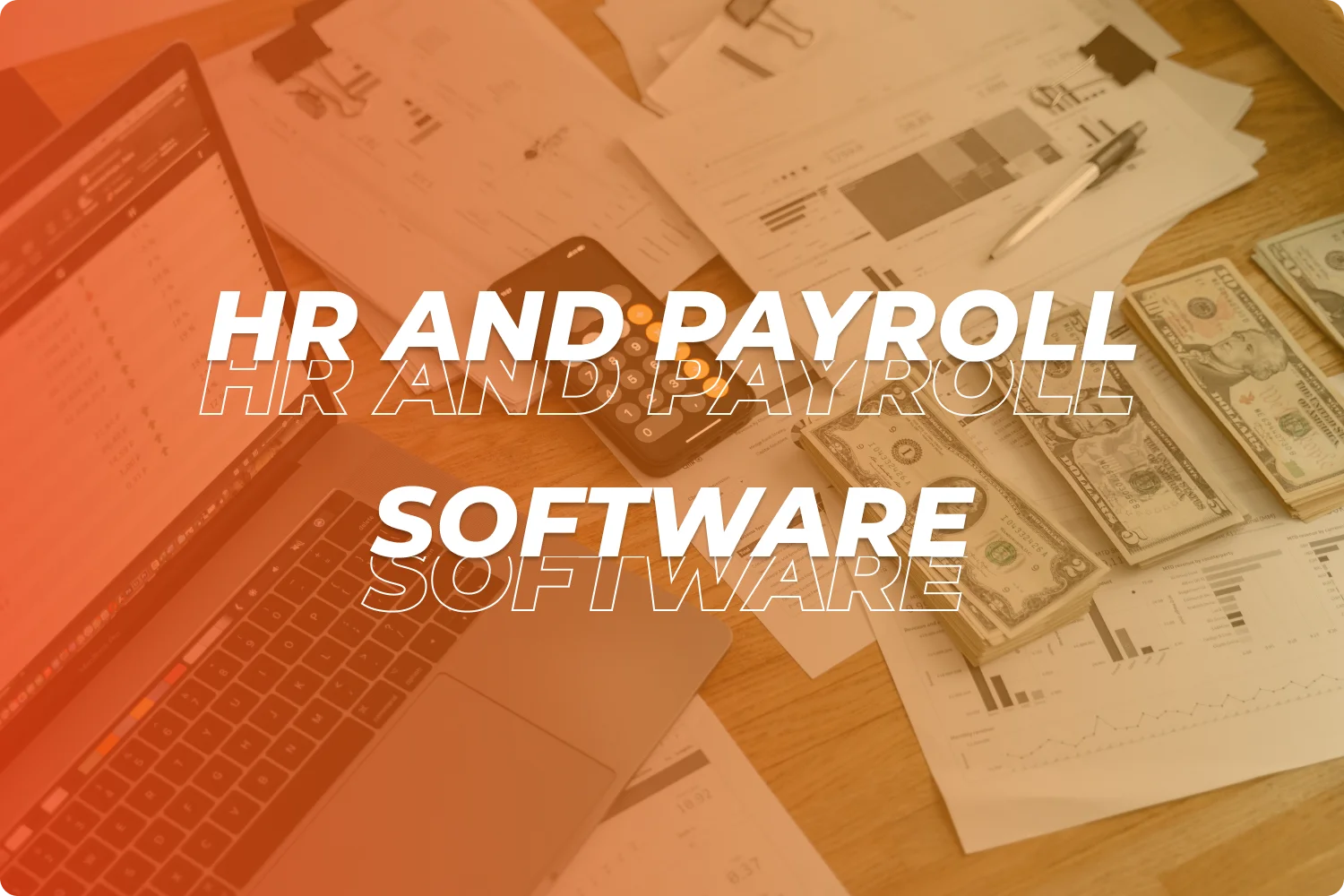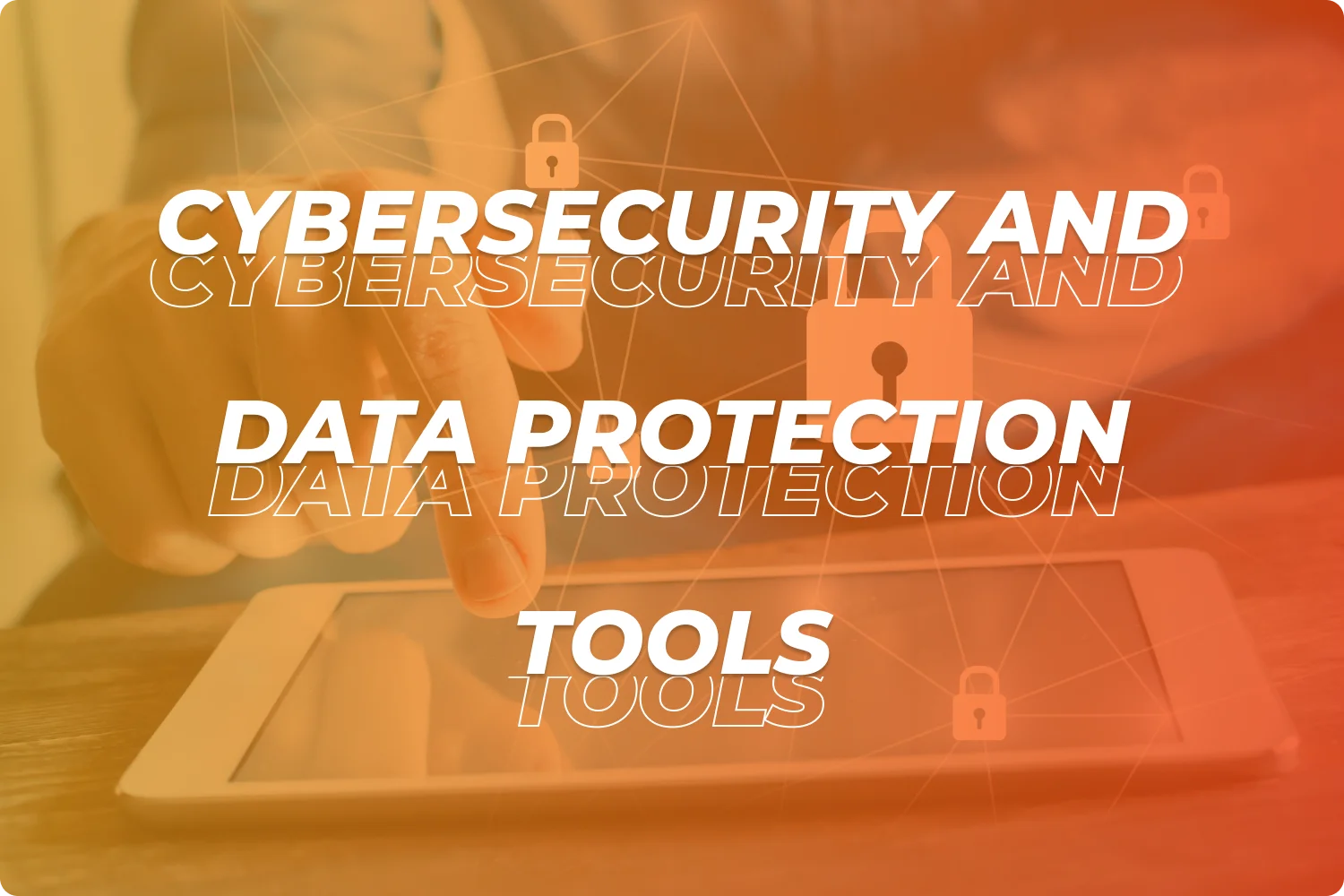Small and medium-sized enterprises (SMEs) like mine face a unique blend of challenges and opportunities as we navigate 2025. Between economic pressures, distributed teams, and the explosion of digital transactions, choosing the right technology stack has never been more critical. The best business software for SMEs in 2025 goes beyond keeping you competitive, it transforms how you operate, strengthens customer relationships, and eliminates those daily operational headaches that eat away at your time.
Business Software for SMEs in 2025: Essential Categories to Build Your Foundation
From hard-won experience, I've learned that running a growing company without proper software is like trying to build a house with a Swiss Army knife, technically possible, but unnecessarily painful. As we move through 2025, I'm managing more remote employees, navigating stricter data privacy regulations, and meeting ever-rising customer expectations. Each challenge demands specific tools to protect, streamline, and adapt on the fly.
Here's my comprehensive guide to the ten essential software categories every SME owner needs in their tech arsenal this year.
Financial Management & Accounting Software
Managing finances remains the backbone of any successful business. In my own company, I've discovered that clinging to outdated processes only multiplies stress and errors. Modern financial management platforms deliver real-time insights, ensure compliance, and reclaim hours I once lost to manual data entry.
For seamless invoicing, expense tracking, payroll, and budgeting, these are the standout financial tools for small businesses in 2025:
QuickBooks Online: My go-to for straightforward accounting. It seamlessly connects with banks and payment processors, automates repetitive tasks, and presents data through intuitive dashboards. Mobile access means I can monitor cash flow whether I'm at a client meeting or catching a flight.
Xero: I recommend Xero for product-based businesses that need robust inventory management. It simplifies tracking products, purchases, and orders while automated bank feeds accelerate reconciliation. The flexible reporting provides crystal-clear financial visibility.
Sage 50cloud: When businesses outgrow basic accounting, Sage 50cloud scales elegantly. It's a solid choice for SMEs planning steady growth without the disruption of platform migrations. Cloud integration reduces IT overhead, especially for teams sharing financial responsibilities.
The features I consider non-negotiable include automated invoicing, mobile accessibility, and real-time reporting capabilities. This combination catches problems early, ensures compliance, and makes tax season far less painful.
Customer Relationship Management (CRM) Platforms
Building lasting customer relationships has become significantly easier with the right CRM software. As competition intensifies, I depend on these platforms to organize my sales pipeline, automate follow-ups, and personalize every customer interaction.
Here are the CRM solutions that have transformed how I manage customer relationships:
Salesforce: The industry heavyweight, Salesforce's comprehensive features can feel overwhelming initially, but the payoff is substantial. It excels for organizations wanting integrated sales, service, and marketing capabilities that grow alongside your business.
HubSpot: For SMEs, HubSpot strikes the perfect balance between powerful features and user-friendly design. With email, social, and marketing integration built-in, it consolidates everything while eliminating tedious administrative tasks.
Zoho CRM: Zoho delivers exceptional value with impressive flexibility. Lead tracking, analytics, and sales automation tools provide immediate impact, while customization options adapt to any business workflow.
Pipedrive: Built around visual sales pipelines, Pipedrive's drag-and-drop deal management delivers quick wins for sales-focused teams who want results without complexity.
Essential CRM capabilities include intelligent lead management, email automation, and integrated marketing tools. These features keep contacts organized and ensure you capitalize on every opportunity to build loyalty and drive revenue.
Enterprise Resource Planning (ERP) Systems for SMEs
ERP systems no longer require enterprise budgets. In 2025, cloud-based solutions bring sophisticated business management within reach. ERP unifies core functions such as finance, HR, inventory, and operations, providing a single source of truth across your organization.
These ERP platforms deliver the most value for growing SMEs, particularly in dynamic markets:
GROW with SAP: SAP brings enterprise-grade capabilities to smaller businesses, emphasizing adaptability and industry-specific functionality. Being entirely cloud-based eliminates server maintenance while delivering intelligent reporting and automation.
Microsoft Dynamics 365 Business Central: Teams already using Microsoft 365 find Business Central refreshingly familiar. It integrates naturally with Outlook, Excel, and Teams, which is ideal for SMEs seeking unified management of sales, finance, and operations without extensive training.
Oracle NetSuite: Perfect for SMEs with ambitious growth plans, NetSuite handles accounting, inventory, HR, and ecommerce across multiple locations. Real-time dashboards enable rapid, data-driven decisions.
Critical ERP requirements include seamless interdepartmental data flow, cloud accessibility, and actionable analytics. These platforms minimize errors and scale smoothly as your business expands.
Project Management and Team Collaboration Tools
With hybrid work now standard, I need tools that keep teams aligned and productive regardless of location. Project management and collaboration platforms ensure everyone stays synchronized, advancing projects without endless meetings or message chains.
These collaboration tools have consistently delivered results:
Asana: I rely on Asana to shepherd projects from conception through delivery. Clear assignments and timelines keep everyone accountable, while integrations with Teams or Slack centralize communication.
ClickUp: For consolidating tasks, documents, and time tracking, ClickUp excels. Custom workflows provide flexibility, and smart automations eliminate repetitive work from your team's plate.
Trello: Trello's visual boards and cards offer elegant simplicity—ideal for mapping tasks and milestones, especially with newer or distributed teams. The visual approach keeps everything transparent without overwhelming newcomers.
Monday.com: Monday.com helps me orchestrate everything from marketing campaigns to logistics operations. Ready-made templates accelerate adoption, while customization options support both basic and sophisticated workflows.
Caddayn Biller: For service firms needing integrated project management and billing, Caddayn Biller combines time tracking with invoicing. It's particularly valuable for agencies or consultancies managing multiple client engagements.
Priority features include time tracking, effortless file sharing, mobile functionality, and integration with calendars and communication tools. These capabilities maintain team synchronization across any distance.
Business Process Automation
Automating repetitive tasks ranks among my smartest operational decisions. It reclaims time, eliminates transcription errors, and transforms complex processes into smooth workflows.
To accelerate your operations and minimize mistakes, consider these automation powerhouses:
Zapier: I use Zapier constantly to connect disparate applications and automate routine tasks—from sending timely reminders to updating CRM records or notifying teams when clients submit forms.
Make: (formerly Integromat) handles sophisticated automations, like database synchronization or triggering multi-step workflows across critical business applications.
Jotform: Beyond creating professional online forms, Jotform automates data collection. Leads flow directly into your CRM without manual intervention.
Automated follow-ups, app integrations, and workflow optimization might seem minor individually, but collectively they recover hours of productive time each month.
HR and Payroll Software
Even small teams generate surprising HR complexity—recruitment, onboarding, leave management, and payroll demand more attention than most expect. HR software organizes employee information, ensures compliance, and empowers staff with self-service capabilities.
The HR platforms that consistently deliver value:
BambooHR: Intuitive and comprehensive, BambooHR covers the complete employee lifecycle from hiring through offboarding. Self-service features reduce administrative burden while detailed reporting enhances transparency.
Gusto: Gusto simplifies payroll, benefits, and compliance remarkably. International capabilities work smoothly, and direct deposits process reliably across jurisdictions.
Zoho People: This scalable HR solution grows alongside your company. It efficiently manages attendance, timesheets, leave requests, and performance reviews, with seamless integration to other Zoho applications creating a complete HR ecosystem.
Critical features include employee self-service portals, integrated time tracking, automated payroll processing, and robust compliance support. These capabilities keep HR operations lean yet effective as you scale.
Marketing and Sales Automation Platforms
Digital marketing success requires smart resource allocation, especially with limited budgets. Sales and marketing automation tools handle routine tasks while nurturing leads, synchronizing data, and enabling personalized outreach at scale.
These platforms elevate marketing effectiveness:
HubSpot: Beyond its CRM capabilities, HubSpot's marketing suite automates email campaigns, manages leads intelligently, and creates targeted offers. Comprehensive analytics reveal what resonates, enabling continuous optimization.
Mailchimp: Evolution from newsletter tool to comprehensive marketing platform makes Mailchimp valuable for cross-channel campaigns, automation workflows, and ecommerce integration. Its approachability suits non-technical marketers.
ActiveCampaign: For sophisticated automation with lead scoring, SMS integration, and deep CRM connectivity, ActiveCampaign's granular controls ensure campaigns reach the right audience at the optimal moment.
Email automation, omnichannel campaign management, lead scoring, and CRM synchronization form the foundation for higher conversion rates with less manual effort.
Document Management and Productivity Suites
In 2025, cloud-based work is standard operating procedure. Centralized document management and robust productivity suites enable remote teams to collaborate, update, and store files without version conflicts or lost information.
For seamless remote collaboration and secure file management, these tools lead the pack:
Google Workspace: Combining Docs, Sheets, Drive, and Meet, real-time collaboration becomes effortless. This suite dramatically reduced our internal email volume while simplifying global teamwork.
Microsoft 365: The complete office suite—PowerPoint, Excel, Word, and beyond—integrates seamlessly with Teams and OneDrive. Natural choice for organizations invested in the Windows ecosystem.
PandaDoc: SMEs managing contracts, proposals, and signatures find PandaDoc invaluable. It maintains deal momentum by automating the entire document workflow.
Essential capabilities: real-time collaborative editing, secure cloud storage, frictionless file sharing, and integrated e-signature workflows—fundamental requirements for today's distributed workplace.
Cybersecurity and Data Protection Tools
Small businesses attract cybercriminals precisely because they often lack robust defenses. That's why security sits at the core of my 2025 technology strategy.
My non-negotiable security toolkit includes:
Norton: Delivers comprehensive protection against malware, phishing, and ransomware. Simple deployment and consistent updates provide peace of mind.
Bitdefender: Known for superior threat detection without performance impact, Bitdefender protects all business devices with real-time monitoring.
1Password: Every business owner I advise gets the same recommendation: use a password manager. 1Password makes strong credential management simple while supporting multi-factor authentication for enhanced security.
MFA Tools: Multi-factor authentication dramatically reduces breach vulnerability. Modern solutions offer single sign-on and app-based verification, securing remote teams around the clock.
Real-time threat detection, automated backups, and compliance features remain paramount. Regular permission audits and policy reviews keep data locked down tight.
Industry-Specific Software Platforms
Certain sectors require specialized software to handle unique workflows, regulations, or customer needs. Here's what excels in key industries:
Retail: POS and inventory systems like Lightspeed or Vend seamlessly manage multiple locations while synchronizing online and physical sales channels.
Logistics: Route optimization and fleet management solutions such as Fleet Complete or SAP Business One Logistics provide precise tracking and operational efficiency gains.
Creative Agencies: Platforms like Harvest or Function Point integrate time tracking, project management, and invoicing—keeping creative work profitable and transparent.
Healthcare: Compliance-focused EMR systems, including SimplePractice and ClinicMaster, secure sensitive patient data while supporting mobile provider access.
Selecting industry-specific tools ensures you meet customer expectations and regulatory requirements and eliminate manual workarounds in the process.
Best Practices for Building Your 2025 Tech Stack
Through years of helping businesses modernize, I've identified key principles for building effective technology ecosystems:
Prioritize integration-ready tools that communicate seamlessly, preventing data silos.
Choose cloud-first solutions enabling flexible work arrangements and ensuring business continuity during disruptions.
Plan for scale—verify platforms can accommodate more users, customers, or locations as you grow.
Select user-friendly platforms with strong onboarding support, accelerating team adoption and productivity.
Demand robust security features including audit trails and granular access controls to protect customer data.
Monitor software ROI and regularly audit usage, eliminating tools that no longer justify their cost.
I always map existing software infrastructure before adding new solutions. This reveals redundancies and identifies gaps where better tools could enhance operations or security.
Frequently Asked Questions
Here are answers to common questions SME owners ask about 2025 software requirements:
What's the most important software category for a new SME to invest in?
Start with financial management software—getting your books right from day one prevents future headaches. Add a CRM and cloud productivity suite as soon as feasible.
How do I know if my current software still fits?
Watch for warning signs: excessive manual workarounds, missing functionality, or team frustration with daily tasks. Most cloud solutions offer trials and let your team test alternatives before committing them.
How often should I review my tech stack?
Conduct annual reviews or whenever your business experiences significant change, growth spurts, structural shifts, or new market entry. Technology evolves rapidly; better solutions may have emerged since your last evaluation.
What about security as my company expands?
Layer your defenses: begin with antivirus, endpoint protection, password management, and MFA. Growing teams require additional measures such as automated backups, encryption, and regular security awareness training. Frequently audit access permissions to maintain data security.
What's Next for SMEs Looking to Thrive in 2025?
Moving forward, a streamlined, secure, and integrated tech stack provides the agility and resilience modern businesses need. The right software doesn't just save time, it empowers teams to collaborate effectively while building trust with customers and partners.
My advice? Audit your current tools, identify gaps, and test the platforms I've recommended. You'll likely discover solutions that better support both your team and strategic objectives.
Ready to transform your technology strategy? At FunctionEight, we specialize in helping SMEs navigate digital transformation with confidence. Whether you need guidance selecting the right software stack, hands-on implementation support, or ongoing IT strategy consulting, our team brings deep expertise in making technology work for growing businesses. Don't let outdated systems hold you back—reach out today to discuss how we can optimize your tech infrastructure for sustainable growth and competitive advantage in 2025 and beyond.









